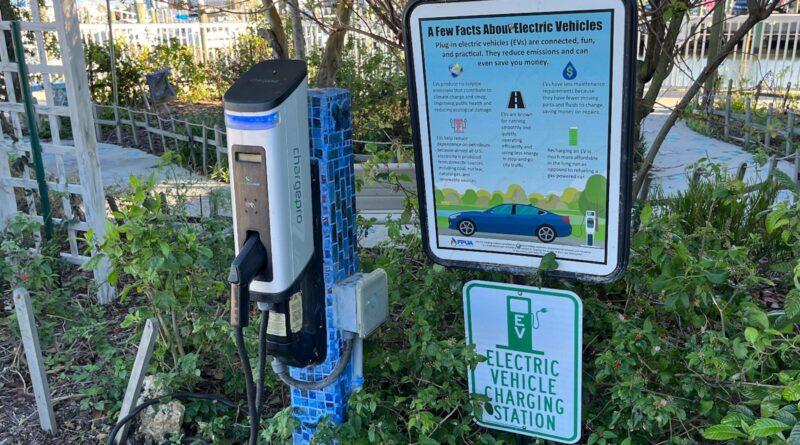Countries worldwide are witnessing a significant surge in renewable energy capacity, driven by advancements in technology and a shift in market dynamics. The integration of artificial intelligence (AI) and the Internet of Things (IoT) is enhancing the viability of renewable energy sources, making them increasingly profitable and less dependent on government incentives. The global renewable energy market is projected to expand from $1.26 trillion in 2025 to $4.60 trillion by 2035, reflecting a robust compound annual growth rate (CAGR) of 12.48% during this period.
The International Renewable Energy Agency (IRENA) reported in July 2024 that renewable energy sources continued to maintain their price advantage over fossil fuels, thanks to technological innovations, competitive supply chains, and economies of scale. This trend is facilitating a transition where renewable energy systems are not only cost-competitive but are poised to lead in global power markets.
The shift towards renewables is driven by multiple factors, including a decline in the total cost of investment (COI), reduced reliance on volatile international fuel markets, and enhanced energy security. Furthermore, the urgency to combat climate change adds weight to the business case for renewable energy. As technologies mature and supply chains strengthen, prices for renewables continue to drop.
Despite these advancements, challenges remain. Issues such as trade tariffs, raw material acquisition gaps, manufacturing transitions, permitting delays, limited grid capacity, and rising balance-of-system costs persist. Greg Jackson, Chief Executive Officer of Octopus Energy, highlighted the long-term benefits of clean energy, stating, “Clean energy exports is hardware, which once a country has bought it, will generate electricity for a decade or two to come.” This contrasts sharply with fossil fuels, which are consumed immediately upon purchase.
The International Energy Agency (IEA) affirmed that renewable energy is expanding at a faster rate than fossil fuels, even amidst political opposition. The IEA’s annual World Energy Outlook indicated that oil demand could peak around 2030. The agency noted, “The pace varies, but renewables grow faster than any other major energy source in all scenarios, led by solar photovoltaics.”
In a similar vein, United Nations Secretary-General António Guterres emphasized the economic advantage of clean energy, stating, “Clean energy is smart economics – and the world is following the money.” Many nations, regardless of size, are increasingly turning to solar and other small-scale renewables to gain energy independence, particularly in areas facing unreliable grids or power outages.
A notable development occurred on November 18, 2024, when Canadian renewable energy developer Cordelio Power announced the launch of the Crossover Wind project, a 135-megawatt wind farm in Cross County, Arkansas. This project is expected to generate over $50 million in lease payments for local landowners, alongside approximately $950,000 annually for Cross County taxpayers throughout its operational lifespan.
While the transition to renewable energy is gaining momentum, it is not without its hurdles. The International Court of Justice (ICJ) ruled in July 2025 that a clean, healthy, and sustainable environment is a foundational human right, a stance that contradicts the interests of many petrochemical companies and states. As discussions around climate action intensify during COP30, the landscape remains contentious.
A report by Climate Action Against Disinformation (CAAD) highlighted a staggering 267% increase in misinformation related to climate discussions from July to September, indicating a growing challenge in public perception and support for climate initiatives. CAAD communications co-chair Philip Newell remarked on the ongoing struggle for climate action, emphasizing that progress continues globally despite the disinformation campaigns.
In the United States, the Department of Energy has recently undergone significant structural changes, prioritizing oil and nuclear resources at the expense of offices focused on renewable energy. Energy Secretary Chris Wright has publicly downplayed the urgency of climate change, a sentiment echoed by the current administration. This shift has raised concerns among lawmakers, prompting U.S. Senator Alex Padilla and Representative Sharice Davids to lead a coalition of 88 lawmakers advocating for the protection of electric vehicle investments in upcoming bipartisan infrastructure discussions.
The evolving landscape of renewable energy, marked by both progress and resistance, underscores the critical need for continued advocacy and innovation in this sector. As nations adapt to new energy realities, the focus on sustainable solutions will likely shape the future of the global energy market.
